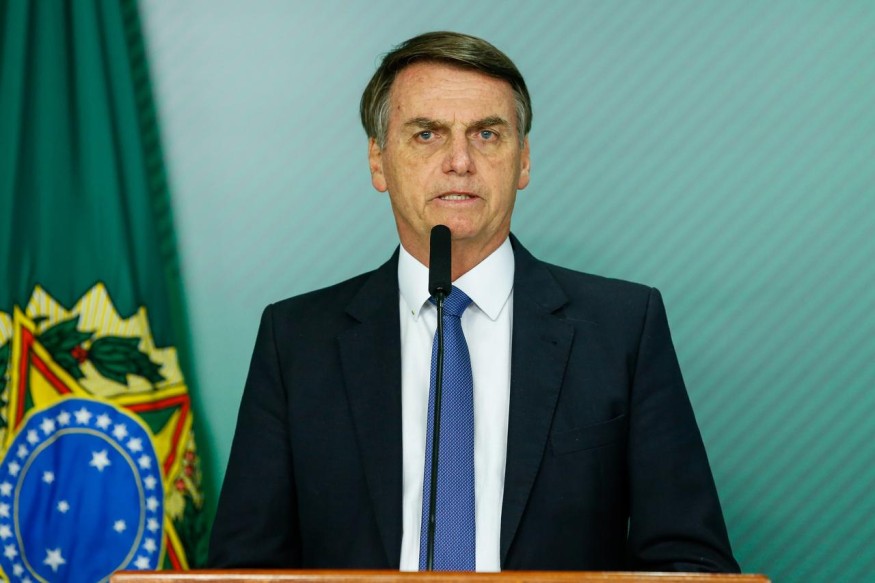Brazil President Appoints Racism-Denier to Defend Black Rights

In the past, President Jair Bolsonaro of Brazil is known for his questionable decisions to hire people in the government. Much to the dismay of the young masses, Bolsonaro has appointed several of his trusted people to lead changes in the Brazilian government.
One of his recent appointments was Damares Alves, an evangelical pastor, who is against abortion and instead encourages people in Brazil to practice abstinence to reduce teenage pregnancy. In the previous article of Latin Post, it was mentioned that the government in Brazil has a strong campaign to lower down teenage pregnancy by sending a strong message to its teens to stop, reflect, and enjoy life without getting pregnant.
The government even used social media to intensify their program by using the hashtag #tudonoseutempo or "all in good time."
During Damares' inaugural speech as the Minister of Women, Family, and Human Rights she said: "Nobody will stop us calling girls princesses and boys princes, we are going to end this abuse of ideological indoctrination," Her appointment as the minister was both praised and criticized.
This time, Bolsonaro appointed Serio Camargo to head the influential government-funded Institute, Palmares Cultural Foundation, that aims to promote and preserve the cultural, historical, social, and economic values of Blacks living or residing in Brazil. Moreover, Camargo is expected to attain the objectives of the institute because he is also a colored journalist.
For some minority, Camargo's appointment as the head of the Foundation was questionable at the very least. His nomination as the head was suspended last year because of criticisms. However, the country's Supreme Court last week overruled the previous decision and approved the appointment of Bolsonaro to let Camargo head the Foundation.
In an interview with the BBC News, he called the approval of his appointment as "defeat for the racists on the left - the victory of a black person who thinks for himself and is free."
Meanwhile, Bolsonaro denied the existence of colored racism in Brazil and said instead, "This is a serious problem in the United States but not in Brazil." Many people later on expressed their disapproval for Camarago's right-out denial of racism, which for many, is still rampant in Brazil.
In 2019, Camargo made headlines in news outlets most especially in Brazil after he coined the term "Nutella racism" in his social media. In his controversial post, he was quoted as to saying:
"Black people complain because they are stupid and misinformed by the left. Brazil needs a black movement that is free with its opinions and political choices otherwise the victim mentality of the left will prevail."
After Camargo's appointment, the son of Bolsonaro tweeted that Camargo's appointment is very important because it will help 'fight against the handcuffs of ideological slavery that Brazil is subjected to.' However, this statement was opposed by racial justice academics from the country's Analysis and Planning. They view his appointment and nomination with fear and indignation. They also added that Camargo didn't represent the anti-racist organizations and civic groups that have built this space over the past decades.
For social sociologist Edward Tell, a lot of people in Brazil believed in the national ideology that there is no existence of racism in the country. Telles added: "Before that, people hardly mentioned race, it was a taboo subject. Then there was this tidal wave and it completely changed. After that, by the mid- to late-2000s, it was clear that few people believed that."
Subscribe to Latin Post!
Sign up for our free newsletter for the Latest coverage!

















